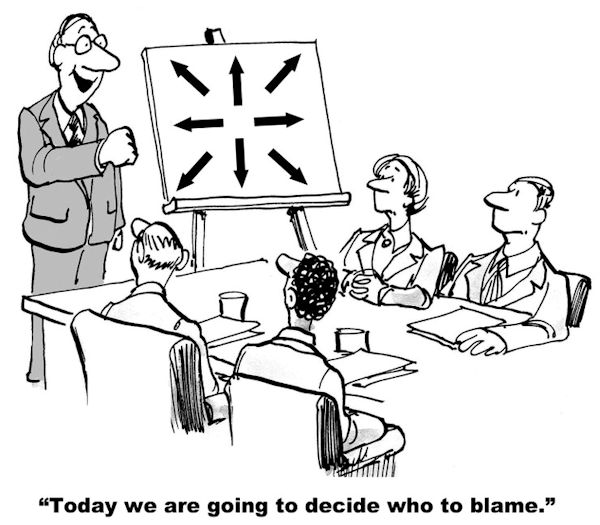Accountability - Disciplinary Process
"Accountability" can be thought of as the "obligation to fulfill a task to a required level of performance or else."
When you are held accountable, your performance is measured against some specific criteria or standard and consequences are applied appropriate to the level or quality of performance.
Ultimately, without the expectation of consequences, an accountability program will lack credibility and effectiveness. In other words, no consequences - no accountability. Consequences need to be appropriate as well as effective. This is the element with which everyone is probably most familiar. Unfortunately, in some companies, consequences are either not appropriate, not effective, or both.
Criteria for Appropriate Consequences
- Justification. Consequences are justified. Has management fulfilled their obligations to employees first?
- Impact. Consequences correspond to the degree of positive or negative results of the violation. Could some serious intentional violations result in immediate termination?
- Application. Consequences are applied objectively and consistently throughout the entire organization. Do consequences occur at all levels throughout the company? Are they administered in a progressive manner (verbal warning, written warning, suspension, termination)?
There are some violations that are so dangerous to the worker and/or others that they will result in immediate termination if justified. For more information on developing an effective accountability program that includes an effective disciplinary process, be sure to take Course 700, Introduction to Safety Management, 702, Effective Accident Investigation, or 704, Hazard Analysis and Control.
Knowledge Check Choose the best answer for the question.
4-6. Ultimately, an accountability program will lack credibility and effectiveness _____.
You forgot to answer the question!

